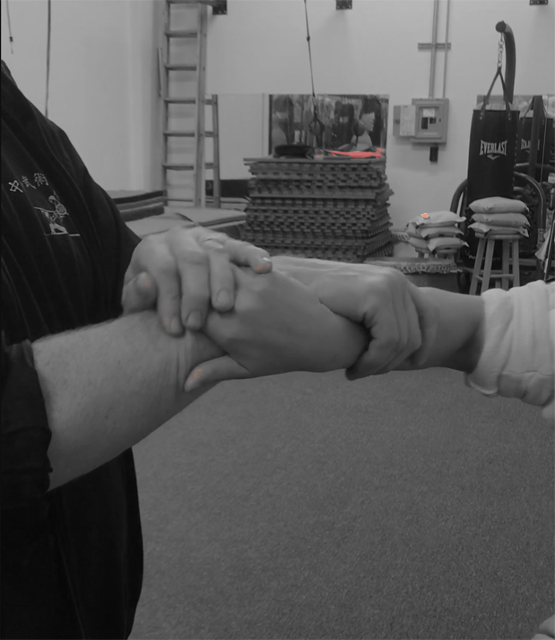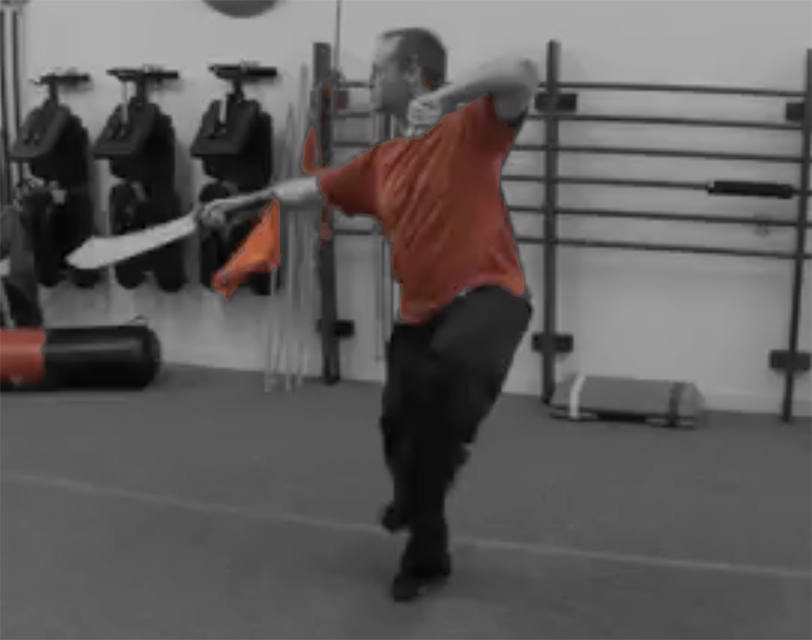
Praying Mantis Kung Fu
History
Most traditions attribute the development of Praying Mantis kung fu 螳螂拳 to Wang Lang who lived during the tumultuous rise of the Qing dynasty in the mid-17th century.
Statue of Wang Lang
According to legends, Wang Lang, a student at the Henan Shaolin Temple, observed a fight between a mantis and cicada. Intrigued by the quick attacking and defending movements of the mantis, Wang Lang took note, mimicked the movements of the praying mantis, and adapted those movements into applicable martial techniques in his Shaolin training.
Within a few generations, Wang Lang’s praying mantis system would undergo various evolutions, resulting in several distinct mantis kung fu lineages such as Seven-Star Mantis, Plum Blossom Mantis, Taiji Mantis, Six-Harmony Mantis, and others.
The earliest documented mention of the Shaolin system is the “Shaolin Kung Fu Manual” dating from the Sui dynasty, between 581-618 CE. This document laid out the earliest known Shaolin form, the “18 Hands of Luohan”, and is the origin of the oldest Shaolin lineages, Luohanquan, or “Luohan Boxing Style”.
Characteristics
“The Mantis Prays On The Cicada”
Mantis Stance
The signature stance imitating an aggressive mantis position -with the hands forming a mantis claw shape- is the central characteristic of all mantis kung fu.
Two Ears Fanning The Wind
The essence of mantis kung fu is inspired by how a praying mantis insect evades, deflects, attacks, and intercepts.
Chin Na
An ancient Chinese joint manipulation system, chin na techniques were incorporated into the core of praying mantis kung fu.
Praying Mantis Weapons
Unconventional weapons are found within the Praying Mantis kung fu system.
Umbrella
Pudao
9-Ring Broardsword
Our Lineage
Sifu Michael Thomas began his kung fu journey at age 10, studying Seven-Star Mantis under the late Grandmaster Lee Kam Wing.
Sifu Michael Thomas with Grandmaster Lee Kam Wing in Hong Kong
While studying with Grandmaster Ernie Wu, Sifu Thomas learned much of the Taiji Mantis system from a fellow classmate whose lineage traces back directly to its founder, Chui Chuk Kai.
Explore Other Kung Fu Styles
These are but a few common styles, other styles taught include shuai jiao, bajiquan, hung ga, traditional wushu, lion dance, and more.
School Information
Hours
Monday thru Friday
5pm - 7pm
Tuition
$85 per month, per student

















